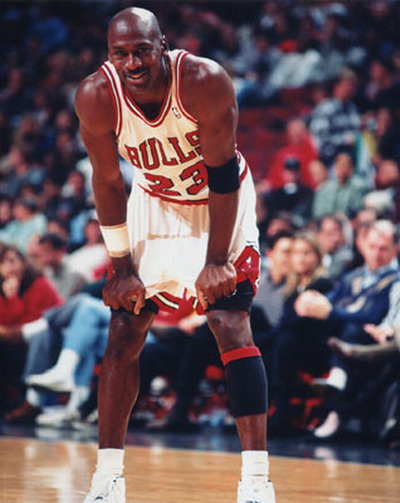“No one appreciates the agonizing effort (Miyamoto) Musashi has made. Now that his years of training have yielded spectacular results, everybody talks about his “God-given talent.” That’s how men who don’t try very hard comfort themselves.” – Yoshikawa Eiji
Struggling to reach your potential is hard work and in the words of Robert Browning, it is “a road less traveled.” And while it is not clear why so few put in the time and dedication to discover just how good they can be, it is clear that what is often mistaken for God-given talent is just the byproduct of what Geoffrey Colvin calls “deliberate practice.” In his book, Talent is Overrated, Colvin dispels the myth that peak performers are predestined for greatness. Colvin found that not only was future greatness not determined by your genetics, it wasn’t solely a function of hard work either. In study after study, Colvin found that “many people not only fail to become outstanding at what they do, no matter how many years they spend doing it, they frequently don’t even get any better than they were when they started.”
In industry after industry, when it comes to mastering critical skills, people with lots of experience are often no better at their jobs than those with very little experience. Even more scary, when it comes to leadership ability, a study from INSEAD business school found that managers with experience did not produce better quality outcomes (on average) than those without experience….and occasionally, actually got worse with experience.
So if peak performance is not based on talent or hard work alone…how can we escape the “experience trap” and reach our potential? It turns out there are four keys to becoming a peak performer:
Know the right behaviors – while this may sound easy, discovering the right behaviors you need to master can be a challenge. Even with keen observation and careful analysis, most peak performers struggle to identify and share the “secrets to their success.” As I wrote in “Mastering New Skills,” while “there are always explicit aspects of what experts will share and tell you to practice…more often than not the more important points come from the implicit behaviors the experts do, but do not explicitly practice, teach or even notice.” Begin by narrowing your focus to these behaviors.
Accurately and honestly assess where you are – after identifying the behaviors you want to master, the next step is to baseline your current performance. The problem is, our brains are programed to tell us the story we want to hear about our level of expertise, rather than the one we need to hear. That, combined with our fragile egos can spell trouble for seeing the gap between the behaviors we want and those we currently exhibit.
Put in the reps – Next, get your hands dirty and do the work. I have heard it said that you need to repeat an action 10,000 times before you truly make it a reflexive movement. Colvin says it takes peak performers 10 years of deliberate practice to make the skill appear God-given. Either way you look at it, be prepared for work hard, sacrifice and struggle on your way to mastery.
Have faith in the process – finally, you have to believe that if you identify the right behaviors, embrace your gap and do the work, results will follow. The results always lag the thousands of repetitions, so without an unwavering faith in the process, the odds are high you will quit long before you accomplish your goals.
The formula for achieving greatness is not difficult, but it is demanding. The road is long and hard and requires both patience and persistence. To be successful you need to know both the critical behaviors that lead to success and to be open and honest about your current skill level. Armed with the knowledge of your gap and belief in the process, you can set your sights on internalizing the behaviors and mastering the new skills.

